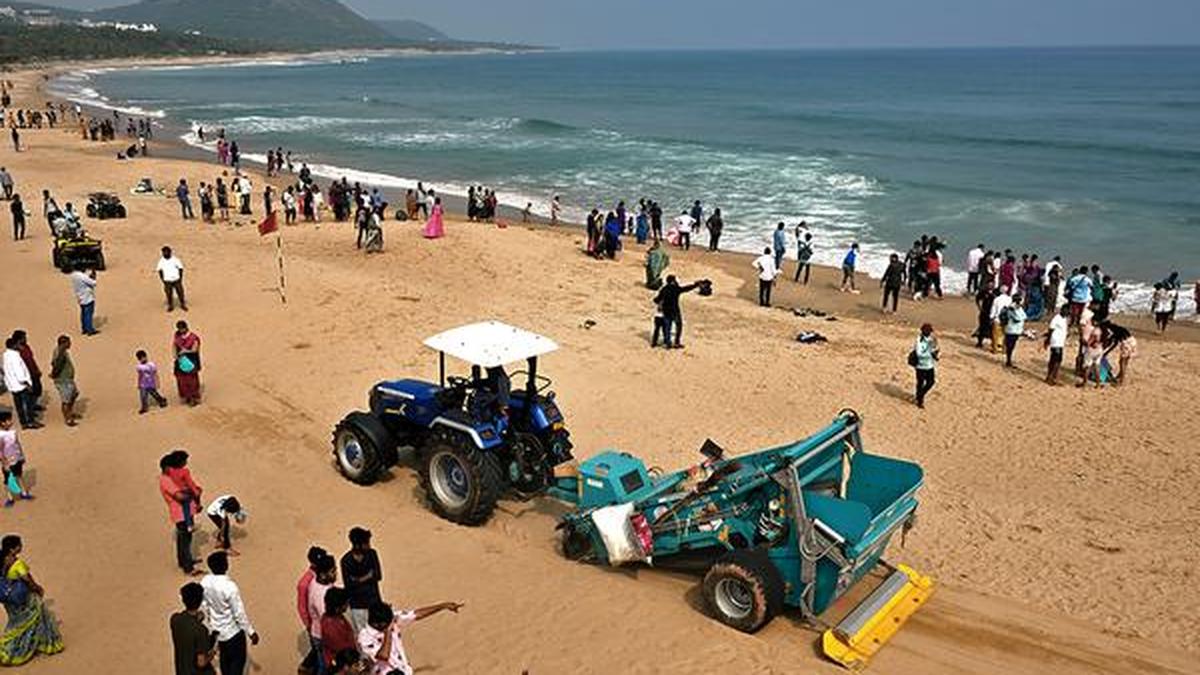The Kerala State Pollution Control Board (PCB) has issued closure notices to 88 apartment complexes, commercial buildings, and offices located close to Thevara-Perandoor and Edappally canals for not setting up adequate wastewater treatment facilities.
The notices were issued under Section 33A of the Water (Prevention and Control of Pollution) Act, 1974, and the Environment (Protection) Act, 1986. The directive said that the PCB would be constrained to issue orders to the appropriate authority to disconnect the supply of electricity, water, and other services to the said establishments.
The agency also issued closure intention notices to 34 units after inspections revealed that they lacked facilities for the treatment of sewage and sullage. They had also failed to obtain the PCB’s consent under Section 25 of the Water (Prevention and Control of Pollution) Act, 1974, which is required for the discharge of treated effluents.
The units were given 15 days to respond and take the required follow-up action. The PCB shared the action taken report with the Kochi Corporation. The directive was issued following orders from the National Green Tribunal (NGT) and the Kerala High Court, directing the authorities concerned to curb the illegal discharge of untreated wastewater into the canals.
The Southern Bench of the NGT had taken suo motu cognisance of a report titled “Faecal contamination high in Perandoor, Edappally Canals” published in The Hindu on January 28, 2021. The Kerala High Court had directed the PCB and the Corporation to take strict action against those responsible for polluting the waterbodies.
The NGT had also directed the government to halt the generation and discharge of liquid waste (sewage and sullage) from the erring units into the Vembanad and Ashtamudi lakes, both designated as Ramsar sites (wetlands of international importance).
The tribunal had earlier said that it was the government’s duty to ensure that every building — whether residential or commercial — was equipped with a sewage treatment plant (STP) or connected to a common STP or faecal sludge treatment plant, the latter being a more economical temporary measure.



.png)
.png)
.png)
















 1 week ago
6
1 week ago
6









 English (US) ·
English (US) ·